How An Entrepreneur Launched His Company While Admitted In A Mental Health Hospital
Today we’d like to introduce you to David “Eli” Israelian.
Now, in as much detail as you’re willing to share, why don’t you tell us about what you do?
My team and I create community-based solutions to mental health challenges and the impact of social injustice through arts, advocacy, and technology enterprise. We lead a workforce of entrepreneurs, technologists, artists, advocates, and clinicians to improve access to care and resources. We empower individuals that have been marginalized by internalized stigma, a process in which a person with mental illness cognitively or emotionally absorbs negative messages or stereotypes about mental illness and comes to believe and apply them to themselves. We provide opportunities for peers to better navigate their mental health challenges, housing insecurity, and lack of occupational identity. My team educates peers and students through storytelling around the recovery of mental health and trauma-related challenges. We are fostering virtual reality developers/designers, software engineers, graphic designers, and media specialists. There are no limits to the areas of technology that we can use to better reach our communities.
Looking back, what success advice would you give to your younger self?
It’s interesting to think that the advice I’d give to my younger self may likely rock my path to success. It’s similar to the Butterfly Effect, where a small change can lead to a completely different outcome in the future. The idea of giving my younger self advice would be silence, because everything I did was with purpose. Even my unintentional mistakes were incorporated into the intricate sounds that make up the orchestra to create the imperfect symphony that is my life’s work. I wouldn’t give myself any advice in fear of ruining it all.
Do you have any final thoughts you would like to share with our audience?
I’ve been asked several times how I launched my company from a mental health hospital. My answer was and still is, finding purpose is the number one driving force for reiterating life’s worth for living and discovering the road to recovery. Most individuals in institutions of mental diseases (IMDs) or prisons are not rehabilitated. This is due to the lack of care, community, and political landscape. It is for this reason they feel purposeless; perpetuating suicidal ideation, symptomatic behavior, interest in criminal activities, and recidivism. As a patient, I couldn’t stand for this injustice. I knew I had to act, or all of my life’s events as a regular patient would be in vain. I’m proud to say I live with Schizophrenia, Obsessive Compulsive Disorder, and Borderline Personality Disorder. I have no shame and find it rather odd how so many individuals victimize themselves for these conditions. As a peer, I blame the broken mental health treatment system for the internalized stigmas. It finally took a peer, to enlighten mental health professionals and city and state officials to change their ways and leverage peer-to-peer support. We are on our way and making great strides. The shift toward leveling peers and providers is near.
Finally, how can people connect with you and learn more about what you do?
If you’re interested in starting a conversation on how Peer Mental Health can work with your community in improving access to care and resources, please reach out to us by email to hello@peermentalhealth.com and one of our peer representatives will respond back to you shortly. If you’re inquiring for the purposes of press, please contact me directly at david.israelian@peermentalhealth.com.
To learn more about our organization and programs, please visit https://www.peermentalhealth.com.

